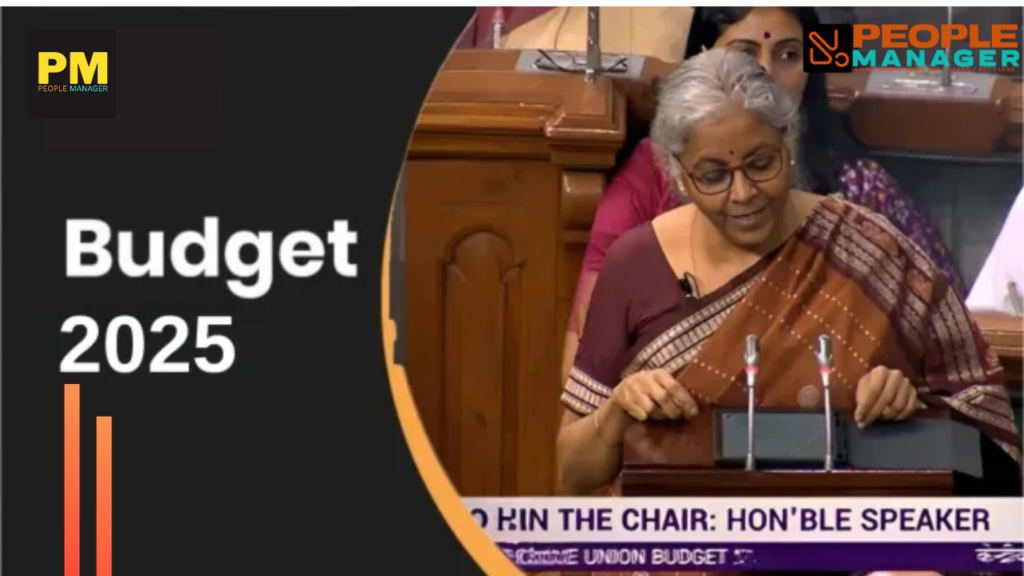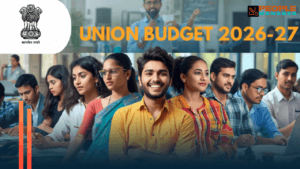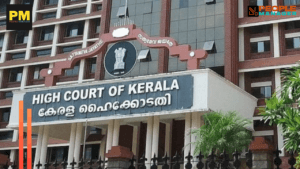Union Budget 2025: A mixed bag for India’s workforce and Industries
Union Budget 2025 has elicited mixed reactions regarding its impact on India's workforce and industries, with some praising the focus on skilling and job creation while others express concerns about funding and implementation. Experts weigh the potential gains and challenges.

The Union Budget 2025-26 has ushered in transformative changes in India’s healthcare sector, education, and economy. Key initiatives include the establishment of daycare cancer centres in district hospitals, which will enhance cancer care accessibility, and the expansion of medical education with the addition of 10,000 seats this year and 75,000 over the next five years. The introduction of health insurance for 1 crore gig workers and concessions on critical medicines reflects the government’s commitment to protecting vulnerable groups and reducing financial burdens. Exemptions on life-saving drugs and the expansion of patient assistance programs will further make healthcare more affordable.
In the realm of education and skill development, the budget aligns with the vision of Viksit Bharat 2047. The ₹20,000 crore allocation for the Deeptech Fund of Funds and 10,000 fellowships under the PM Research Fellowship Program will foster technological advancements and innovation, particularly in the IT and IT-BPM sectors. The promotion of private sector R&D and the emphasis on AI-driven education are significant steps towards preparing a globally competitive workforce. Additionally, the new tax regime, which exempts salaries up to ₹12 lakh from income tax, is expected to boost household consumption, savings, and investment.
For the middle class and economic growth, the budget provides much-needed relief with income tax exemptions for incomes from ₹7 lakh to ₹12 lakh, boosting disposable income and overall consumption. The focus on labour-intensive sectors such as food processing, textile, leather, and toys is expected to drive employment and skill development. The government’s continued support for MSMEs through ease of doing business, access to credit, and government schemes will foster an entrepreneurial culture and sustainable economic growth. These initiatives collectively aim to build a healthier, more resilient, and technologically advanced India.
Healthcare Advancements
“The Union Budget 2025-26 marks a transformative step forward for India’s healthcare sector. The establishment of daycare cancer centres in all district hospitals, with 200 centres operational this year, will significantly enhance cancer care accessibility. This aligns with the mission to provide equitable healthcare solutions to all sections of society. Additionally, the expansion of medical education by adding 10,000 seats this year and 75,000 seats over the next five years addresses the critical shortage of healthcare professionals, strengthening infrastructure and meeting growing healthcare needs.

The introduction of health insurance for 1 crore gig workers and concessions on critical medicines underscores the government’s focus on safeguarding vulnerable groups and reducing financial burdens on patients. Notably, the exemption of 36 life-saving drugs for cancer, rare diseases, and chronic severe ailments from basic customs duties, along with concessional duties on 6 additional life-saving medicines and bulk drugs, will make treatment more affordable and accessible. Furthermore, the expansion of patient assistance programs, exempt from basic customs duties, will provide much-needed support to those battling severe illnesses.
Key initiatives include broadband connectivity to all Primary Health Centres (PHCs) in rural areas, enabling telemedicine and remote healthcare delivery. The promotion of Medical Tourism and Heal in India, in partnership with the private sector, aims to position India as a global healthcare hub. The extension of the potable tap water mission to 2028, with 100% coverage and an increased budget, ensures access to clean drinking water, a vital determinant of public health. Nutritional support through Saksham Anganwadi aims to combat malnutrition among women and children, fostering a healthier future generation.
Furthermore, raising the FDI limit in the insurance sector from 75% to 100% for companies investing premiums in India will boost investment and innovation, driving growth in the sector.
These initiatives reflect a strong commitment to building a healthier, more resilient India, with a positive impact on the nation’s healthcare landscape.”
Education, Skill Development, and Employment
As the nation moves towards the vision of Viksit Bharat 2047, the Union Budget 2025 aligns with the government’s commitment to enhancing education, skill development, and employment generation—key elements in shaping India’s workforce. One of the notable initiatives is the establishment of the Deeptech Fund of Funds, which has received an impressive allocation of ₹20,000 crore. This initiative aims to empower groundbreaking advancements, complemented by 10,000 fellowships under the PM Research Fellowship Program. Together, these efforts will foster a new era of technological revolution, particularly in the IT and IT-BPM industries.

The Union Budget 2025 is expected to promote private sector research and development, nurturing next-generation startups, and enhancing the landscape of research and entrepreneurship. By reinforcing AI-driven education, India is set to elevate its IT and IT-BPM sectors globally. The government’s emphasis on strengthening domestic manufacturing capacity presents a significant opportunity for Industry 4.0, which demands high skill levels and talent. AI in education marks a substantial leap forward, further meeting the growing demand for a globally competitive workforce. Furthermore, the announcement of zero income tax for salaries up to ₹12 lakh under the new tax regime is a game changer. It signifies a positive move by the government to enhance household consumption, savings, and investment for the middle class, boosting productivity, financial and mental well-being. By focusing on these areas, this year’s budget will play a pivotal role in preparing the nation’s youth for the evolving global job market.
Middle-Class and Economic Growth
A long waiting booster finally comes to the Middle Class of the Indian Population along with focusing of supporting to long term sustainable economic growth driven by Agriculture, MSME, Investment and Exports.

By exempting incomes from Rs 7 Lakhs to Rs 12 Lakhs putting back money in pocket of the people there by boosting their disposable income and overall consumption of the economy.
Such move will drive the engine for the coming years and resolve long awaiting benefits to the Middle Class Indian Citizen.
Along with focus on Fiscal deficit goal to take the waves of economic global uncertainty and instabilities in parts of the world, it was great to see boost in labour intensive sectors such as food processors, textile, leather and toys that are position to boost employment and skill development.
Also, government continues its commitment to support MSME growth in the economy by focusing on ease of doing business where as giving business benefits of government scheme and access to credit there by setting up foundation for entrepreneurial culture in the ecosystem.
Key Takeaways from the Union Budget- 2025
- Enhanced Healthcare Accessibility : Establishment of daycare cancer centres and expansion of medical education.
- Protection for Vulnerable Groups : Health insurance for gig workers and concessions on critical medicines.
- Improved Public Health : Initiatives like potable tap water mission and nutritional support through Saksham Anganwadi.
- Technological Advancement and Innovation : Allocation for Deeptech Fund of Funds and promotion of private sector R&D.
- AI and Education : Emphasis on AI-driven education to prepare a globally competitive workforce.
- Economic Boost for Middle Class : Income tax exemption for the middle class and support for labour-intensive sectors.
- Support for MSMEs : Ease of doing business and access to credit for MSMEs.
These initiatives reflect a comprehensive approach to building a healthier, more resilient, and technologically advanced India, with a positive impact on the nation’s healthcare, education, and economic landscape. For further insights into the evolving workplace paradigm, visit
- Union Budget 2026-27 : Yuva Shakti Budget Big Numbers, Slow Payoff - February 4, 2026
- AI in HR: Why ROI Isn’t the Right Question—Yet - September 8, 2025
- The Hidden Cost of Fear in the Workplace: Why Generational Optimism Isn’t Enough - September 2, 2025









